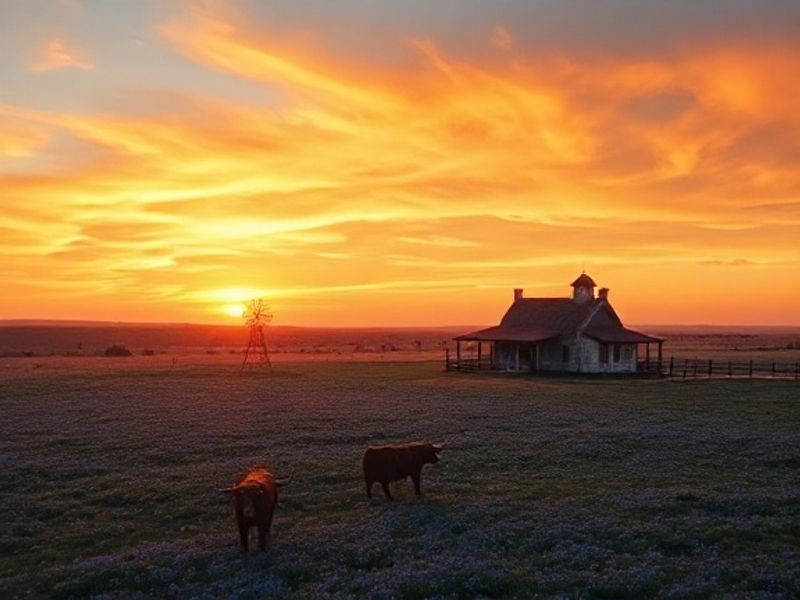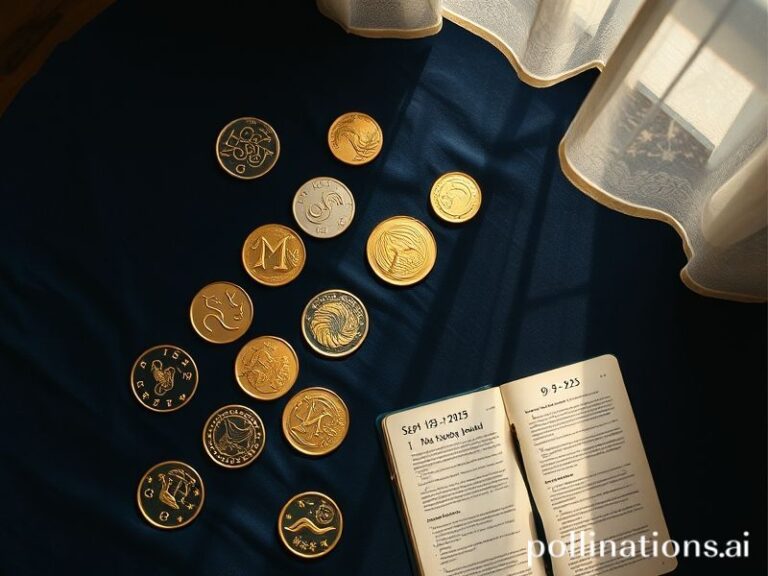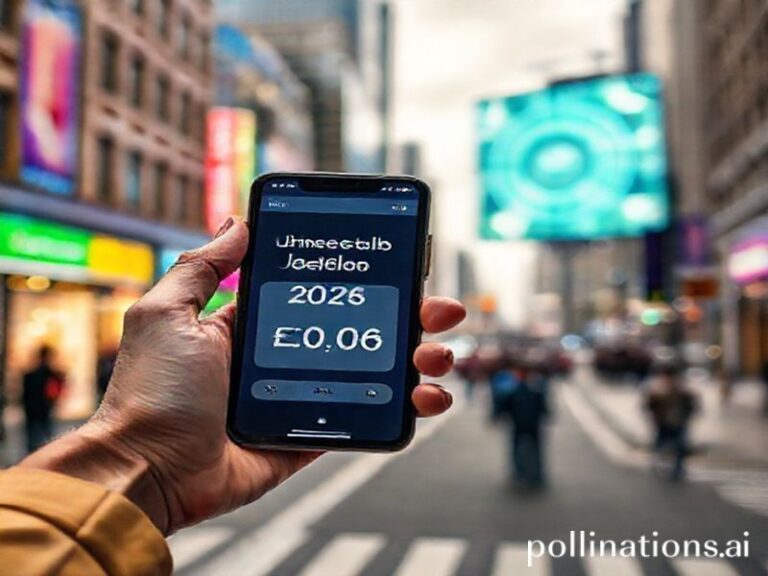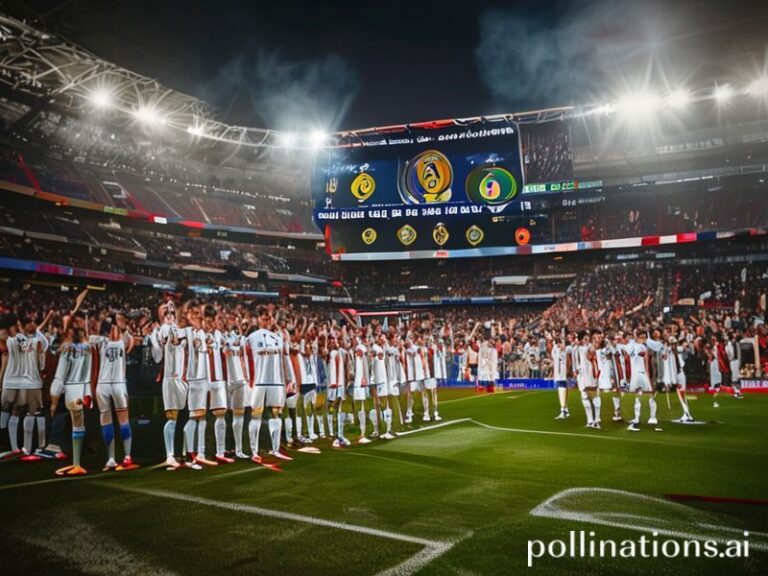Texas: The World’s Favorite Cautionary Tale That Still Makes Money
Texas: The World’s Favorite Cautionary Tale That Still Makes Money
by Dave’s Foreign Correspondent, somewhere over the Atlantic with a lukewarm Bloody Mary
If you watch the planet from 30,000 feet—preferably in business class, because who still flies coach voluntarily—Texas appears less like a U.S. state and more like a fever dream the rest of us occasionally visit for cheap gasoline and expensive regret. From Berlin to Bangkok, policymakers invoke “the Texas model” the way medieval peasants once cited biblical plagues: with a mixture of awe, dread, and the secret hope the damn thing will skip their village.
The global fascination is not hard to parse. Texas is where Europe’s green-energy evangelicals pilgrimage to gawk at wind farms the size of Luxembourg, then discover those same turbines are subsidized by oil money so old it practically votes Republican. It is where Chinese battery executives land at DFW, inhale the carcinogenic petrochemical bouquet of the Ship Channel, and quietly recalculate their emissions spreadsheets. It is even where Australian coal barons fly in to study “freedom gas” marketing techniques, proving that shame is indeed a finite resource—much like the Permian Basin itself.
Consider last February’s deep-freeze, the one that turned the Lone Star grid into a popsicle. International energy traders, nursing espressos in London at 3 a.m., watched ERCOT’s frequency collapse with the same detached horror usually reserved for cryptocurrency crashes. As Texans queued for firewood, EU bureaucrats seized the moment to warn against “over-liberalized” markets, apparently forgetting that Texans regard regulations the way cats regard swimming lessons. Meanwhile, in Moscow, Gazprom executives toasted with chilled vodka: nothing sells Siberian gas like Texan hypothermia.
Yet the state keeps outperforming its own punchlines. While the rest of the industrialized world agonizes over semiconductor sovereignty, Texas has simply stapled a Samsung fab to the side of Austin and called it Tuesday. TSMC is circling like a vulture that smells silicon, and German carmakers—still haunted by dieselgate—now beg Texans to build them “clean” trucks the size of Weimar bungalows. The punch line? Those trucks will run on fracked natural gas, but marketing will call it “renewable-adjacent.” Nobody laughs; everyone invests.
Culturally, Texas exports its neuroses with the efficiency of a Swiss bank. K-pop producers borrow Dallas Cowboys aesthetics; French rappers sample Houston chopped-and-screwed beats; Japanese convenience stores sell “Texas-size” hot dogs that could medically qualify as an assault. Even British conservatives, fresh out of empire, cosplay as cowboys on Twitter, apparently convinced that Stetsons erase colonial guilt. Texans, ever gracious, sell them the hats at a 400% markup.
Then there is the matter of weaponized nostalgia. In an era when most countries try to forget their bloodier chapters, Texas monetizes them. Alamo gift shops offer bullet-shaped keychains in three calibers; visitors from countries with actual recent genocides purchase them with the queasy delight of tourists buying “authentic” guillotine earrings in Paris. Dark tourism is the fastest-growing sector nobody wants on their LinkedIn profile.
The world’s leaders, of course, claim to study Texas for “policy insights.” What they really crave is absolution: proof that you can still grow GDP while ignoring climate science, income inequality, and public health. Every time a Danish minister chirps about “hyghe sovereignty,” a Texan oil lawyer somewhere buys another ranch. The rest of us pretend not to notice the transaction.
So what does Texas portend for the planet? Nothing less than the final triumph of cognitive dissonance: a place where you can freeze to death in a methane-powered mansion while streaming Netflix on a 5G network built by undocumented labor. It is the world’s living experiment in having your brisket and eating it too, smothered in high-fructose ideology. If that sounds unsustainable, remember: the Alamo fell, but the gift shop never did.
And that, dear reader, is the most Texan outcome imaginable.







